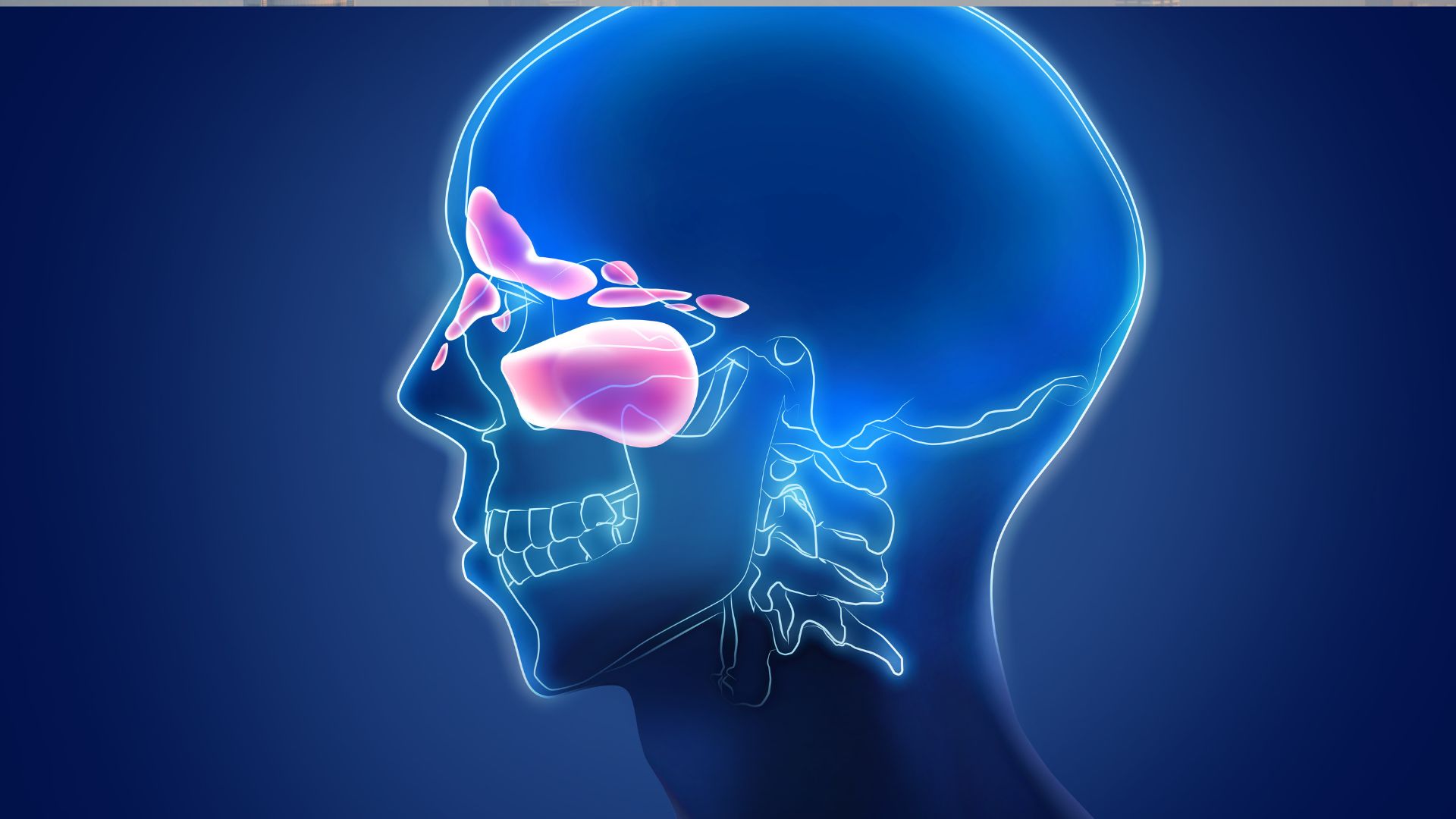Introduction to Allergic Fungal Sinusitis (AFS)
Allergic Fungal Sinusitis (AFS) is a chronic inflammatory condition that affects the sinuses. Unlike other forms of sinusitis, AFS is characterized by an allergic reaction to fungal spores in the sinuses. This condition can cause significant discomfort and impact one’s quality of life if left untreated.
Causes of Allergic Fungal Sinusitis
Fungal Spores
Fungal spores, such as those from Aspergillus species, are commonly found in the environment. In individuals with a predisposition to allergies, these spores can trigger an immune response in the sinuses, leading to inflammation and the development of AFS.
Immune System Response
Individuals with weakened immune systems or underlying allergic conditions are more susceptible to developing AFS. An overactive immune response to fungal spores can exacerbate sinus inflammation and contribute to the persistence of symptoms.
Environmental Factors
Exposure to damp and moldy environments can increase the risk of developing AFS. Poor ventilation, high humidity levels, and indoor allergens can create an ideal breeding ground for fungal growth in the sinuses.
Symptoms of Allergic Fungal Sinusitis
AFS presents with a range of symptoms that can vary in severity from person to person. Common symptoms include:
Nasal Congestion
Persistent nasal congestion is a hallmark symptom of AFS, making it difficult to breathe through the nose.
Facial Pain and Pressure
Individuals with AFS often experience facial pain and pressure, particularly around the cheeks, eyes, and forehead.
Headaches
Chronic headaches, especially in the frontal or maxillary sinuses, are common among those with AFS.
Fatigue
The chronic inflammation associated with AFS can lead to fatigue and lethargy, impacting daily activities.
Postnasal Drip
Excessive postnasal drip is another common symptom of AFS, leading to throat irritation and coughing.
Diagnosis of Allergic Fungal Sinusitis
Diagnosing AFS typically involves a combination of medical history, physical examination, and diagnostic tests.
Medical History and Physical Examination
Your healthcare provider will review your medical history and conduct a physical examination to assess your symptoms and overall health.
Imaging Tests
Imaging tests, such as CT scans or MRI scans, may be ordered to visualize the sinuses and identify signs of inflammation or fungal growth.
Allergy Testing
Allergy testing may be recommended to identify specific allergens that could be triggering your symptoms, helping to tailor your treatment plan accordingly.
Treatment Options for Allergic Fungal Sinusitis
Medications
Medications such as antihistamines, nasal corticosteroids, and antifungal agents may be prescribed to alleviate symptoms and reduce inflammation.
Immunotherapy
In some cases, immunotherapy may be recommended to desensitize the immune system to specific allergens, helping to prevent future allergic reactions.
Surgical Intervention
Surgical intervention may be necessary for severe cases of AFS or when conservative treatments fail to provide relief. Procedures such as endoscopic sinus surgery may be performed to remove fungal debris and improve sinus drainage.
Prevention of Allergic Fungal Sinusitis
Environmental Controls
Taking steps to minimize exposure to environmental allergens, such as dust, mold, and pollen, can help reduce the risk of developing AFS.
Allergy Management
Managing underlying allergic conditions through medication, immunotherapy, or lifestyle modifications can help prevent allergic reactions that contribute to AFS.
Living with Allergic Fungal Sinusitis
Living with AFS can be challenging, but there are strategies to help manage symptoms and improve quality of life.
Coping Strategies
Practicing good sinus hygiene, staying hydrated, and avoiding known triggers can help reduce symptom flare-ups.
Support Groups
Joining a support group or online community for individuals with AFS can provide valuable support, resources, and information.
Conclusion
Allergic Fungal Sinusitis is a chronic condition characterized by inflammation of the sinuses due to an allergic reaction to fungal spores. By understanding the causes, symptoms, diagnosis, and treatment options for AFS, individuals can better manage their condition and improve their quality of life.
FAQs
- Is Allergic Fungal Sinusitis contagious? No, AFS is not contagious and cannot be spread from person to person.
- Can allergies cause fungal sinusitis? Yes, allergies can increase the risk of developing fungal sinusitis, particularly in individuals with a predisposition to allergic reactions.
- What is the difference between Allergic Fungal Sinusitis and Chronic Rhinosinusitis? While both conditions involve inflammation of the sinuses, AFS is specifically characterized by an allergic reaction to fungal spores, whereas Chronic Rhinosinusitis may have various underlying causes.
- Is surgery always necessary for treating Allergic Fungal Sinusitis? Surgery is not always necessary for treating AFS and is typically reserved for severe cases or when conservative treatments fail to provide relief.
- Can Allergic Fungal Sinusitis recur after treatment? Yes, AFS can recur, especially if environmental triggers are not adequately managed or if underlying allergies are not addressed.
About Author:
Dr. Vivek Kumar Pathak: Renowned ENT Surgeon, Senior Professor, and Founder.
Dr. Pathak, ENT surgeon at Kailash Hospital, Senior ENT Professor at Sharda University, and founder of Entegrity Care, brings expertise and innovation to healthcare. Discover the visionary behind Doxtreat Healthcare, shaping the future of ENT care.
Website www.drvivekpathak.com
Call +917838450942
WhatsApp +91 78384 50942
Book an appointment with Dr. Vivek kumar Pathak by filling the form.



